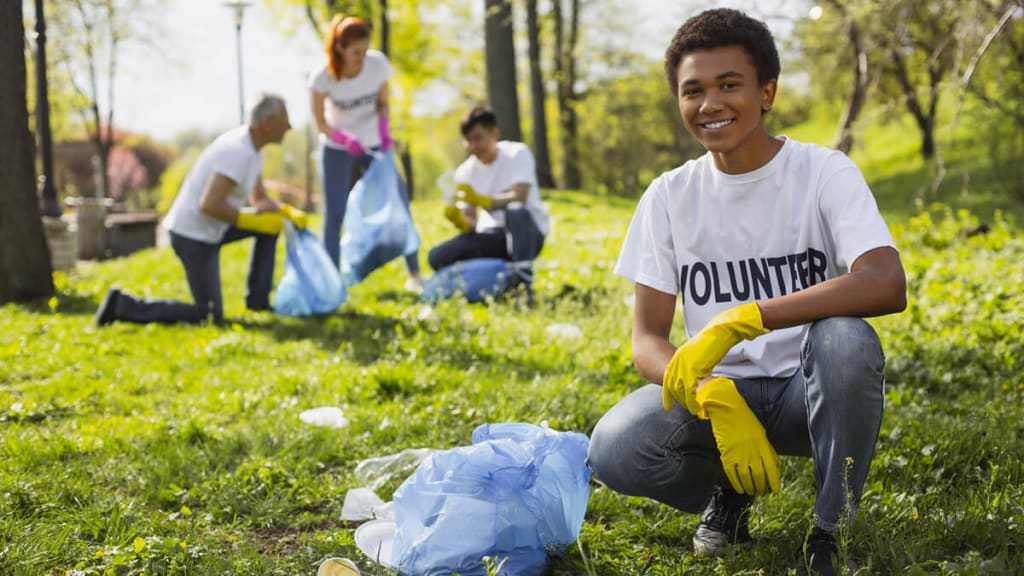
I was pretty active until my knee injury sidelined me for my junior and senior years of high school. Before the injury I played seasonal sports (touch/flag football in fall, basketball in winter.
Baseball and golf in spring/summer) with friends and in organized leagues all through grade school, middle school and high school. I was fortunate enough to go to summer camp during many of those years as well, where we played sports all day, every day.
College though, was different. Although there were plenty of facilities and resources available for getting exercise, I (along with most other kids I knew), spent more time on academics and socializing than exercising.
I played intramural sports in college, but that consisted of one or two games per week at most. There were gym facilities available, but weightlifting and indoor cardio weren’t part of my life yet.
Read More: ss3svc64.exe on startup
One saving grace was the need to get around campus. If it wasn’t for walking to and from class, my level of activity would have been close to zero (as it was early in my medical school career).
The nature of my social activities changed.
My social life change quite a bit from high school to college due to fraternity life on campus. Although I ultimately did not join a fraternity, a good part of my freshman year was spent at fraternity parties and other gatherings, all of which revolved around food and drinking.
Although I wasn’t a drinker, I did eat my share of pizzas and other frat house “cuisine” that year. Needless to say, fruit and vegetables did not often find their way onto my plate during that time.
I think these changes are pretty typical for most kids living away from home for the first time. So, given all this, how does one avoid packing on weight due to lack of exercise and loads of nutritionally poor food?
Being fit is a conscious choice. Make the commitment to be fit and healthy, and associate with like- minded people.
Good health and fitness is, for the most part, an active process. It doesn’t come easily, and it doesn’t happen by accident. Research shows that success in fitness and healthy eating is more likely when participating in some form of support group.
These groups can be formal, such as Weight Watchers, or virtual, through social media. The ubiquity of Facebook and Twitter among young people makes forming groups with similar goals easy.
Social media sites can be a great for organizing lifestyle groups and weight loss competitions. Participants in Facebook weight loss or exercise groups are accountable to other members, and nothing works to keep young people on track like peer pressure.
Even twitter can be used to form informal groups through use of hashtags, such as #tweetyourweight -individuals publicly post their weight each week, in order to stay motivated (fear of public humiliation can be another huge motivator).
There are other dedicated weight loss/fitness websites available for free, that allow users to log calories, record exercise, blog about feelings, successes and setbacks, and participate in group weight loss forums.
Group affiliations “in real life” are also important. Joining intramural teams, workout groups, and other active clubs can help keep you in the fitness game.
Find inspirational role models.
This is another area where social media can be helpful. If the athletes at school aren’t inspirational enough, look to follow good fitness role models online on Twitter or Facebook.
Following these individuals as they lead a healthy lifestyle can help keep one motivated and on track.
Don’t get discouraged by early setbacks.
Change in life can be hard, and starting a new life at school is no exception. It will take a while for the new student to adjust to the new situation, and the newfound independence.
Mistakes will happen – too much cake at a party, a late night pizza binge, or a mid-afternoon McDonalds run are all par for the course. But don’t compound isolated dietary disasters by going completely off the rails.
If staying on track is becoming difficult, dig in, redouble your efforts, and fall back on your accountability group for support. Everyone messes up sometimes – it’s the bounce back that determines your trajectory.
Read More: Rise of the tomb raider crashing pc





Comments
There are no comments for this story
Be the first to respond and start the conversation.